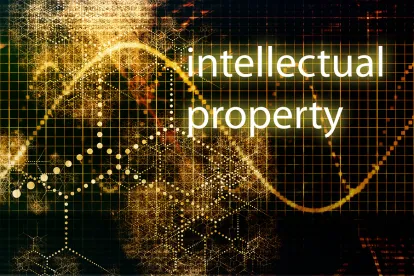The US Patent Act[1] gives patent holders the right to prevent others from making, using, offering for sale, or selling the invention in the United States or importing the invention into the United States.[2] The premise behind granting these rights in new inventions is to encourage inventors to disclose new technology to the public by offering the inventors a limited monopoly on the use of such technology.
The doctrine of patent exhaustion limits the ability of a patent holder to control the future sale and use of individual items that contain or use the patented technology. When a patent holder sells or authorizes the sale of an individual item, the patent holder can no longer control that item by asserting its rights under the US Patent Act. That is, the patent holder cannot claim that the subsequent sale of that item infringes the patent holder’s patent rights. The patent rights are said to be “exhausted.”
The recent US Supreme Court ruling in Impression Products, Inc. v. Lexmark International, Inc., issued on May 30, 2017, clarified and enhanced the scope of the doctrine of patent exhaustion. The Supreme Court answered two questions: (1) whether a patent holder can restrict future use of an item through a claim of patent infringement, and (2) whether a patent holder’s patent rights are exhausted if an item is sold outside the United States (where US patent laws do not apply). In response to both questions, the Supreme Court held that the sale of an item, whether in the United States or abroad, invokes the doctrine of exhaustion, regardless of any restrictions the patent holder might attempt to place on the item. Once a sale of a patented item occurs, the sale exhausts all patent rights domestically and abroad.
The decision noted that Lexmark designs, makes, and sells toner cartridges for printers. Lexmark also holds a variety of patent rights on these cartridges. Lexmark offered these cartridges to consumers at two price points. The full-price option had no restrictions. The discounted-price option, known as the Return Program, required customers to sign a contract agreeing to use the cartridges only once and then to return the cartridges to Lexmark. Lexmark placed this restriction on the discounted cartridges because the cartridges can be reused. Lexmark did not want third parties to obtain the empty cartridges, refill them with toner, and then resell them at a lower price.
Impression Products acquired Lexmark toner cartridges originally sold in the United States under the Return Program in contravention of the original contract. Impression Products also acquired Lexmark toner cartridges that were lawfully sold abroad. Lexmark initiated a lawsuit against Impression Products, claiming that Impression Products infringed Lexmark’s patent rights by (1) selling Return Program cartridges within the United States because this was expressly prohibited by contract with customers, and (2) importing refurbished cartridges back into the United States without Lexmark’s permission. Under both claims, the Supreme Court stated that the doctrine of patent exhaustion prevented Lexmark from restricting future use of the cartridges, and Lexmark had no patent infringement claim. The Supreme Court’s reasoning was that without the doctrine of patent exhaustion, there would be too much restraint on alienation of goods and such restraint would clog the flow of commerce. The Court did, however, leave open the possibility that restrictions on the future use of goods under a valid contract could allow the patent holder to recover damages under a breach of contract claim, even if no claim of patent infringement could be made.
Going forward, it is expected that defendants facing claims of patent infringement will attempt to take advantage of this new Supreme Court ruling as a defense against an infringement claim. On the other hand, patent holders will be incentivized to claim that sales were not authorized because patent exhaustion is only triggered through “authorized” sales.
Patent holders may also attempt to seek relief through contract law. Under contract law, a breach of contract entitles the patent holder to money damages that will provide the benefit expected from the contract. By contrast, patent law, which is based on the principles of harm and restitution, would require the offender to pay for the damage (harm), regardless of contractual expectations, and would require the return of unjustly earned benefits to the patent holder.
[1] 35 U.S.C. §§ 1-376.
[2] 35 U.S.C. § 154(a)(1).




 />i
/>i
